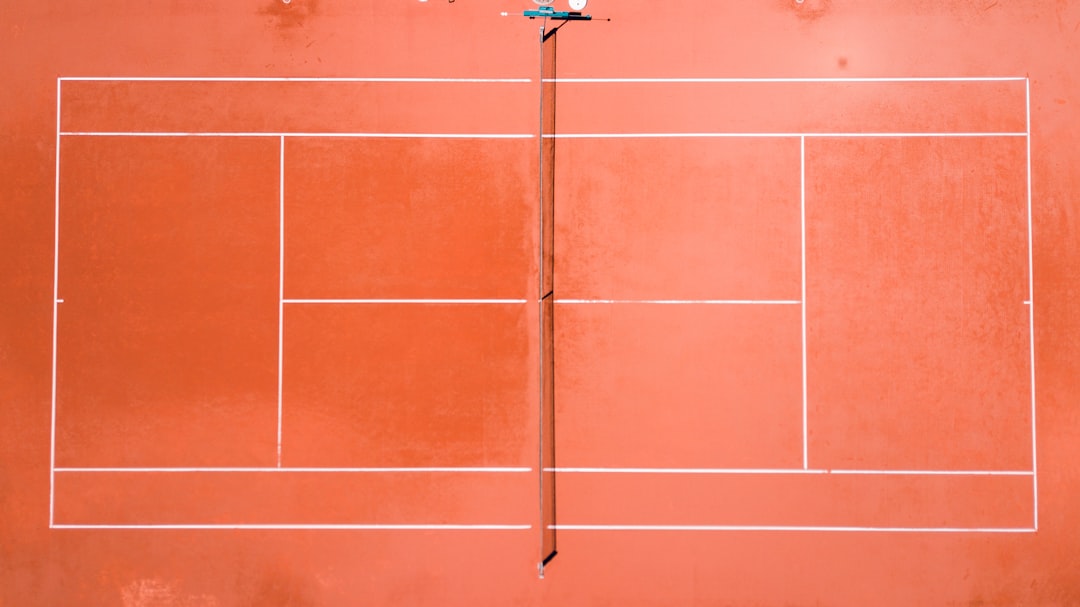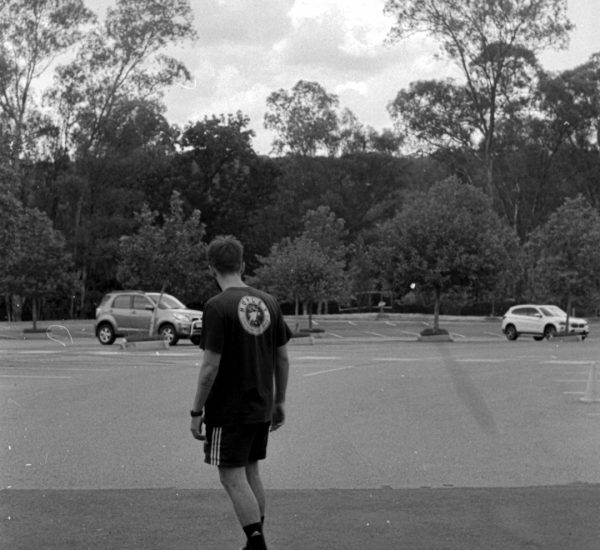In the world of professional tennis, matches can be won in various ways—some through grueling battles on court, others without a single ball being struck. One such scenario is referred to as a walkover, a term that often confuses casual fans and new followers of the sport. Though it may seem like a rare or perplexing occurrence, understanding what a walkover is provides deeper insight into how official matches are conducted and recorded.
TLDR: What Is a Walkover in Tennis?
A walkover in tennis occurs when a player advances to the next round of a tournament without having to play their scheduled match, typically because their opponent withdraws due to injury, illness, or other legitimate reasons before the match begins. Walkovers are not counted as official wins in a player’s match record, but they do allow the advancing player to continue in the tournament. Unlike a retirement or default, a walkover is declared before any play has taken place. The rules are strict and designed to ensure fairness and protect the integrity of competition.
What Does “Walkover” Actually Mean?
The term walkover originates from horse racing in the 19th century, where a horse could claim victory by simply walking over the finish line if no other competitors were present. In tennis, the principle is similar: when one player cannot or does not show up for a scheduled match and informs officials in advance, their opponent automatically wins the match and progresses to the next round.
Common Reasons for a Walkover
There are several legitimate causes that could result in a walkover decision:
- Injury: The most common reason. If a player suffers an injury prior to the match and cannot participate, they announce their withdrawal to tournament officials.
- Illness: Contagious diseases or sudden health issues may prevent a player from safely competing.
- Personal Emergencies: Family matters or other personal issues might compel a player to withdraw.
- Disqualification: Less commonly, a player might be disqualified for violating codes of conduct prior to the match.

Walkover vs. Other Match Outcomes
It’s important to differentiate a walkover from similar terms used in tennis:
Walkover vs. Retirement
A retirement happens when a match is already underway and a player cannot continue due to injury, illness, or other reason. The opponent is awarded a victory, and the score until that point is recorded.
Walkover vs. Default
A default is a harsher ruling where a player is removed from the tournament for disciplinary reasons or failing to show up without valid cause. Unlike a walkover, a default can tarnish a player’s reputation and may lead to fines or suspension.
How Is a Walkover Recorded?
Interestingly, a walkover is not recorded as a win in a player’s official match statistics. According to the ATP and WTA rules:
- A walkover does not count in a player’s head-to-head record with their opponent.
- No match statistics are entered because the match technically did not begin.
- Ranking points are usually still awarded to the player who received the walkover, depending on tournament policy.
Impact on Tournaments
While walkovers are sometimes unavoidable, they can disrupt tournament dynamics in several ways:
- Loss of anticipated matches: Fans miss out on seeing eagerly awaited matchups, especially in later rounds.
- Scheduling issues: Organizers may have to alter match timings and court assignments last-minute.
- Fatigue disparity: The player who advances via walkover gains extra rest and recovery time, potentially putting them at an advantage.

Famous Walkovers in Tennis History
While not frequent, there have been high-profile walkovers that changed the course of major tournaments:
- Roger Federer at 2014 ATP Finals: Federer withdrew from the final against Novak Djokovic due to a back injury, handing Djokovic a walkover win and the title.
- Serena Williams at 2008 Wimbledon: Serena gave a walkover to her opponent in a lesser-known warm-up event due to a knee injury, sparking conversations about her readiness for the Grand Slam.
- Naomi Osaka at 2021 French Open: Osaka withdrew from the tournament amid a mental health controversy, giving her second-round opponent a walkover.
Rules Governing Walkovers
Both the ATP and WTA tour organizations maintain strict criteria for when a walkover may be granted. These include:
- Medical confirmation: Players must often provide medical documentation supporting their inability to play.
- Timely notification: A walkover can only be declared prior to the match’s scheduled start time.
- Non-punitive intent: The walkover must not be a result of unsportsmanlike conduct or intentional avoidance.
The International Tennis Federation (ITF) handbook offers additional clarity and is regularly referenced when controversies arise.
Do Players Get Paid After a Walkover?
Prize money policies vary depending on the stage of the tournament and the nature of the withdrawal. In many cases:
- The player withdrawing may still receive part or all of the prize money for the round they reached.
- Players advancing via walkover receive the prize money and points associated with a win.
- However, if a walkover occurs in the first round, rules may limit the compensation a withdrawing player can receive to prevent abuse of entry privileges.
Is a Walkover Fair?
This is a contentious issue. On one hand, walkovers protect players from worsening injuries. On the other hand, they deprive fans and potentially distort fairness in tournament progression. Governing bodies continually evaluate walkover rules to maintain a balance between fairness, player safety, and the expectations of the viewing public.
Conclusion
Walkovers may seem like a loophole or anti-climactic aspect of tennis, but they are an essential component of preserving player well-being and upholding the integrity of organized tournaments. Understanding what a walkover means, how it’s ruled, and how it differs from other match outcomes enriches your appreciation of the sport’s structure and professionalism.
Whether you’re a budding fan or a seasoned viewer, remember that what happens off the court can be just as impactful as what happens on it.



